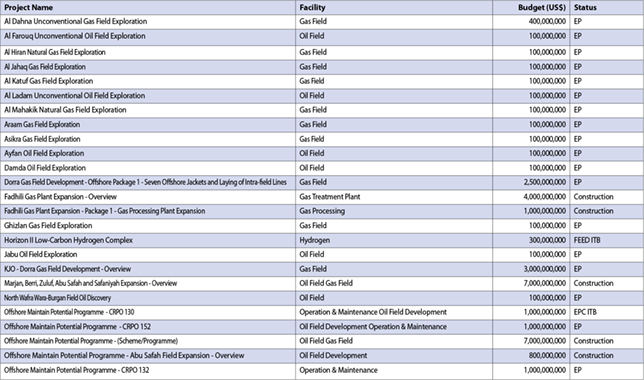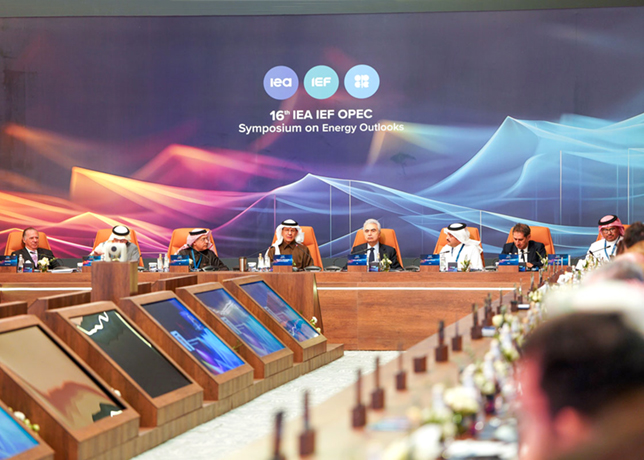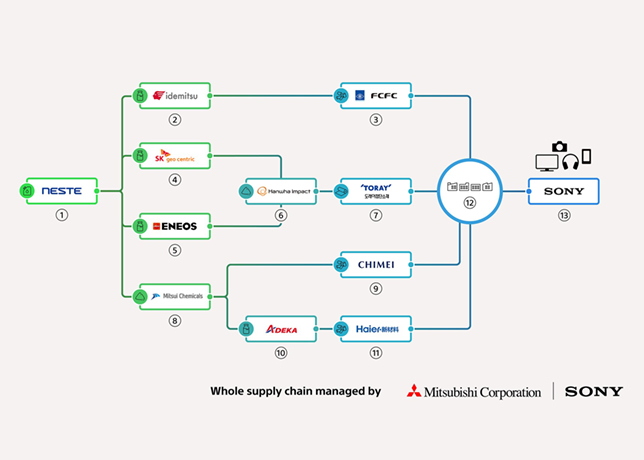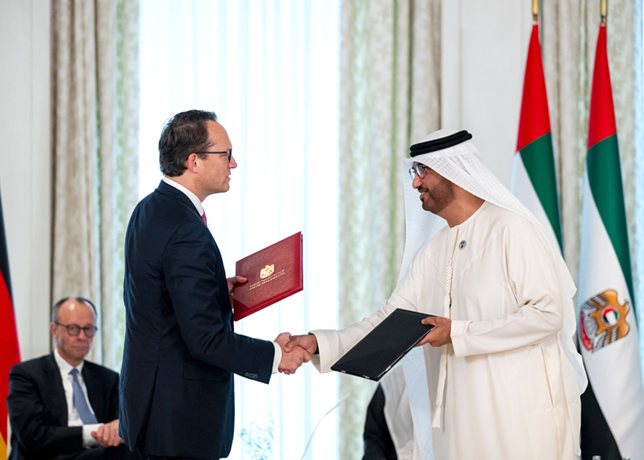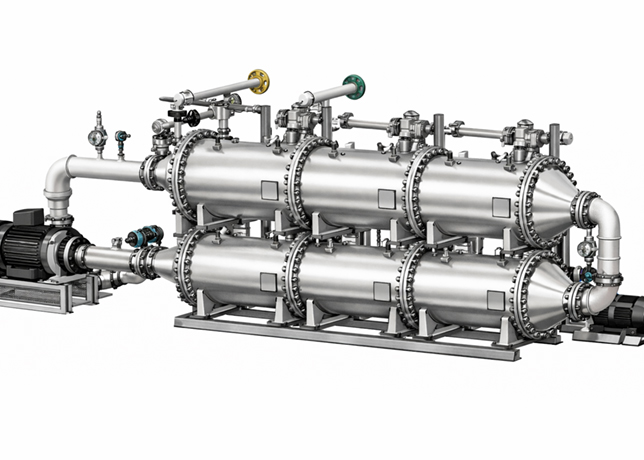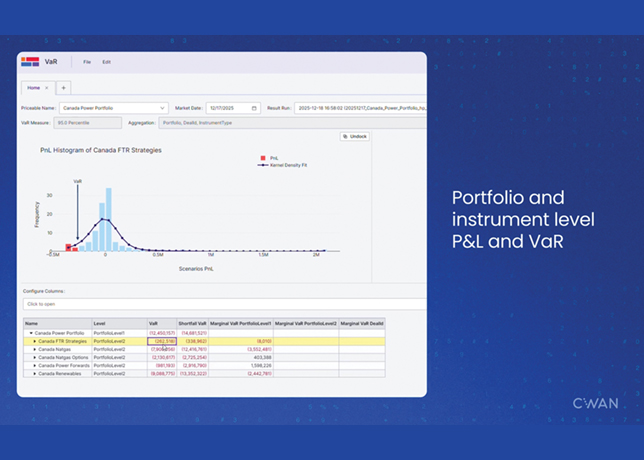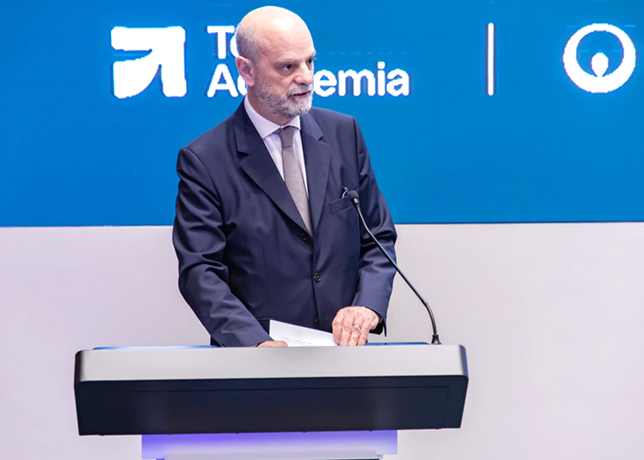
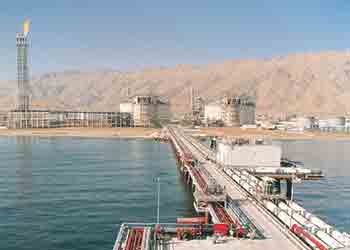
Replace fossil carbon call
HÜRTH: The Renewable Carbon Initiative (RCI), formed by 11 leading companies from six countries, aims to support and speed up the transition from fossil carbon to renewable carbon for all organic chemicals and materials.
More than 100 well-known experts support the initiative personally. Companies, start-ups and institutes have joined the initiative as a member.
RCI addresses the core problem of climate change, which is largely related to extracting and using additional fossil carbon from the ground. The vision is stated clearly: By 2050, fossil carbon shall be completely substituted by renewable carbon, which is carbon from alternative sources: biomass, direct CO2 utilisation and recycling. The founders are convinced that this is the only way for chemicals, plastics and other organic materials to become more sustainable, more climate-friendly and part of the circular economy – part of the future.
Siemens Energy to exit coal power
BERLIN: Siemens Chief Executive has said he wanted the future managing board of Siemens Energy to quickly set out plans to exit coal-generated electricity.
'The fight against climate change requires a decisive change in power generation, as it is responsible for about 40 percent of global energy-related CO2 emissions,' Joe Kaeser told an online general meeting on spinning out the power business.
'That is why I have asked the Managing Board of Siemens Energy AG to quickly present a stakeholder-friendly plan to phase out coal-based power generation.'
Nigeria to sell NNPC, overhaul reforms
LAGOS: Nigeria's long-awaited oil reform bill would privatise the Nigerian National Petroleum Company (NNPC), amend changes to deepwater royalties made late last year and scrap key regulatory agencies in favour of new bodies.
The bill proposes turning the NNPC into a limited liability corporation into which the ministers of finance and petroleum would transfer NNPC assets.
The legislation would also amend controversial changes to deep offshore royalties made late last year by cutting the royalty for offshore fields producing less than 15,000 barrels per day (bpd) to 7.5 per cent from 10 per cent.
Equinor plans oilfield development
OSLO: Equinor and its partners in Norway's Breidablikk oil discovery have agreed on an 18.6 billion Norwegian crowns ($1.95 billion) development plan for the North Sea field. Partners in the field are ConocoPhillips, Petoro and Vaar Energi, a unit of Eni.
'The Breidablikk field is one of the largest undeveloped oil discoveries on the Norwegian continental shelf,' Equinor said in a statement.
The field is estimated to contain some 200 million barrels of oil, and is scheduled to begin output in the first half of 2024, Equinor said.
Deploying remote-control technology designed to cut costs, the field will have subsea-installations only, rather than a traditional platform, taking advantage of its proximity to the older Grane oil platform and an extensive pipeline network.
India to privatise BPCL
NEW DELHI: The privatisation of Bharat Petroleum Corp will unlock value by increasing investment and technology, its chairman told a shareholders meeting.
The government is targeting that sale of its 53.29 per cent stake in BPCL in this fiscal year ending March 2021. But the privatisation could spill over into the next fiscal year, according to government document and sources.
The privatisation of key companies, including BPCL, is a key part of government plans to pare the fiscal deficit, which has breached its target level just four months into the current fiscal year. Industry sources last year estimated the government's 53.29 per cent stake in BPCL could fetch $8 billion to $10 billion. With India's economy contracting by a record 23.9 per cent in the June quarter due to Covid-19, a delayed sale of BPCL could hinder the government's ability to generate funds for stimulus efforts aimed at restoring growth.
Petroecuador monopoly ends
QUITO: Ecuador's government will allow private companies to import and sell some fuels for industrial and commercial use, ending a monopoly state-owned Petroecuador had in the sector. The move is part of free-market reforms implemented in under President Lenin Moreno. The government is also seeking to merge Petroecuador with another state-owned company, and searching for a partner to refurbish Petroecuador's Esmeraldas refinery. The change will likely reduce the weight of fuel imports on public finances as cash-strapped Ecuador emerges from a restructuring of billions of dollars in bonds.



